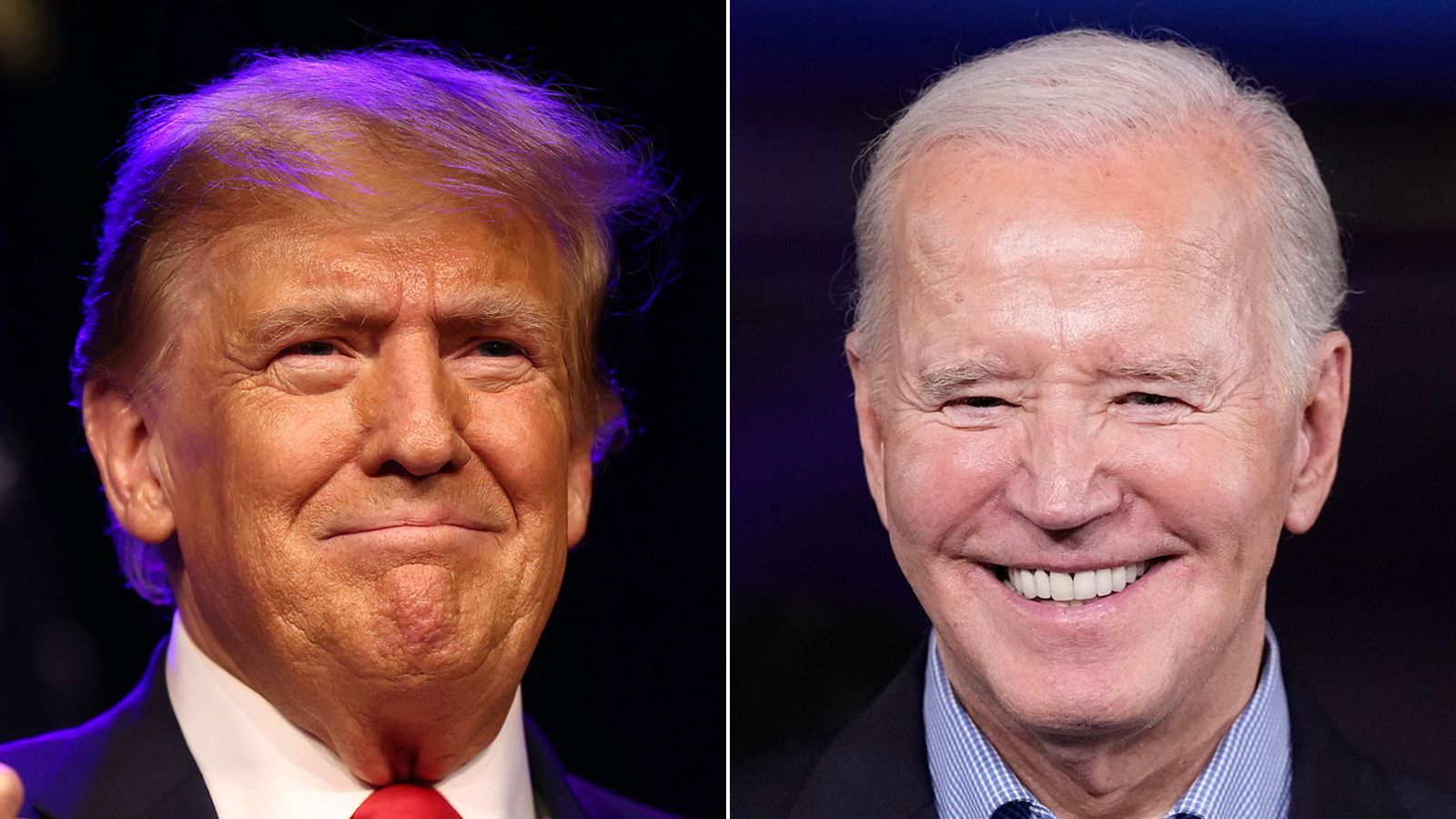Since the Super Tuesday primaries, President Joe Biden has visited every major battleground state except one, while also engaging in unpublicized calls to facilitate a ceasefire in Gaza, among other official White House responsibilities. In contrast, former President Donald Trump has held a single rally in a battleground state during the same period, and relocated another to Ohio, partially to cut costs. He has also participated in two golf tournaments at his Palm Beach golf club and attended lunches with potential campaign donors.
The two oldest presidential candidates in history are sensitive about any discussion of their stamina or mental acuity. They are both keen to criticize each other on these points. However, their activities since securing their nominations highlight their differing strategies and the unique challenges they face.
Both Biden and Trump have demonstrated that traditional campaigning may not be as effective as it once was. Biden won the New Hampshire primary as a write-in candidate without visiting the state due to a scheduling dispute. Trump, despite spending the least time on the ground, easily defeated his opposition. With two well-known candidates and a highly polarized nation, the effectiveness of campaigning in this election cycle remains uncertain, particularly in the post-pandemic era.
However, the contrast in their recent activities is striking. Biden is in the midst of his most intense in-person campaigning period since before the Covid-19 pandemic. His post-State of the Union sprint will culminate with a fundraiser at Radio City Music Hall in New York next week, where former Presidents Bill Clinton and Barack Obama are expected to help him pull off what could be the largest fundraising event ever.
Meanwhile, aside from his voluntary court appearances, Trump has largely remained behind closed doors in Palm Beach, focusing on boosting his lagging campaign fundraising and strategizing on how to pay the $454 million bond ordered by a judge in his New York civil fraud trial.
Biden’s team is eager to highlight this contrast. Biden campaign spokesman Ammar Moussa criticized Trump’s activities, stating, “Calling whatever Donald Trump is doing a ‘campaign’ might be generous, because hiding at his country club while calling for cuts to Social Security or calling into white supremacist radio hosts to spew antisemitic stereotypes isn’t exactly an effort to reach the hearts and minds of the American people.”
Trump’s team has attempted to undermine Biden’s appearances, with campaign spokesperson Steven Cheung accusing the president of being “bored” during an Arizona event. In an attempt to portray Biden as senile, Cheung criticized Biden for being “distracted by a mother and her baby. He isn’t all there, folks!”
With a current and former president running against each other for the first time since 1892, every aspect of their campaign schedules carries a hint of official duties. Biden’s trips to promote new government-funded projects have conveniently been almost entirely in battleground states, while Trump has often tried to maintain presidential appearances on his private jet, dubbed “Trump Force One.”
Despite the stark contrast in their campaign strategies, the outcome of the election remains uncertain. As the nation watches, the question remains: which approach will prove more effective in securing the presidency?

